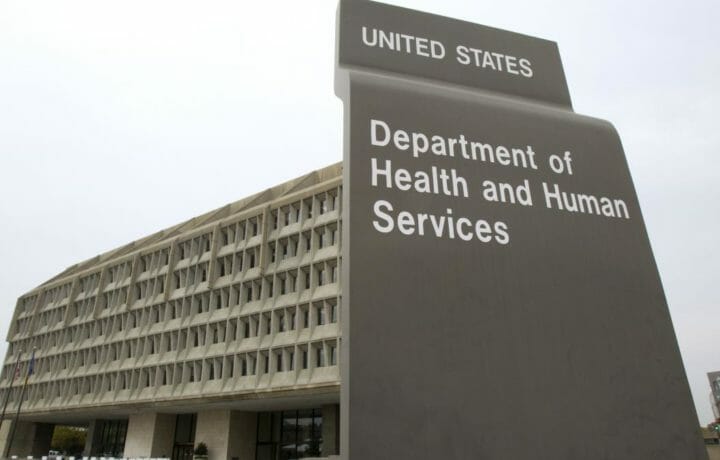The Department of Health and Human Services (HHS) is on the cusp of launching their “Protect Now” program designed to bring disparate data sets together and provide better visibility to HHS on the spread of COVID, number of hospital beds, supply levels, etc. HHS has awarded two contracts to Palantir Technologies in support of this effort, both with April 2020 start dates.
HHS Protect Now
While HHS has not yet published specific details on their “Protect Now” effort, a HHS spokesperson described the HHS Protect Now platform to the Daily Beast as a platform which will pull “data from across the federal government, state and local governments, healthcare facilities, and colleges, to help administration officials determine how to “mitigate and prevent spread” of the coronavirus.” This data, according to the spokesperson will be used by HHS as they continue to provide the White House coordinator for COVID response, Dr. Deborah Brix, with nightly briefings.
HHS, as would be expected, is working with both FEMA and CDC data and personnel in “painting a picture for the (White House) Task Force and state and local leaders to show the impact of their decisions.”
HHS noted that 187 data sets are currently integrated into the HHS Protect Now platform. These include:
- Hospital Capacity;
- Inventories;
- Government supply chain;
- Industry supply chain;
- Diagnostic testing data;
- Geographic testing data;
- Demographic statistics;
- State Policy actions;
- Emergency Department data; and more.
The HHS spokesperson shared an example, “For instance, if there are a number of cases concentrated at a hospital next to an airport and a mass transit stop, we can build a predictive model using a transmission chain to predict how quickly the disease will spread taking into account these factors.”
United Kingdom’s use of technology
The HHS Protect Now effort may be similar in execution as that was announced in late-March by United Kingdom’s National Health Service (NHS), which is using Palantir’s Foundry platform to help the NHS. The NHS data includes:
- Current occupancy levels at hospitals, broken down by general beds and specialist and/or critical care beds
- Current capacity of Accident and Emergency (A&E) departments and current waiting times
- Statistics about the lengths of stay for Covid-19 patient
With this data in hand, the NHS expects the dashboard of information will allow their decision makers to:
- Understand how the virus is spreading at a local level and identify risks to particularly vulnerable populations;
- Proactively increase health and care resources in emerging hot spots;
- Ensure critical equipment is supplied to the facilities with greatest need; and
- Divert patients/service users to the facilities that are best able to care for them based on demand, resources, and staffing capacity.
HHS Contract Value
The first contract, which commenced on April 13, carried a value of $17.3 million and was for licenses to Palantir’s Gotham data analytic product. The second contract, which commenced on April 22, carried a value of $7.5 million and is for “HHS Protect Platform Services.”
According to Palantir’s price table, Gotham requires multiple types of software licences which individually range from $151,000 for the Gotham Appliance to $7,050 for monthly cloud or terminal licenses.
It is worthy of approbation that historical contracts reveal HHS Center for Disease Control and Prevention (CDC) has used Palantir’s services for many years, dating back to at least 2010. Thus, there may be a simple explanation for the single-source nature of the contract: familiarity within HHS and CDC with Palantir’s suite.



